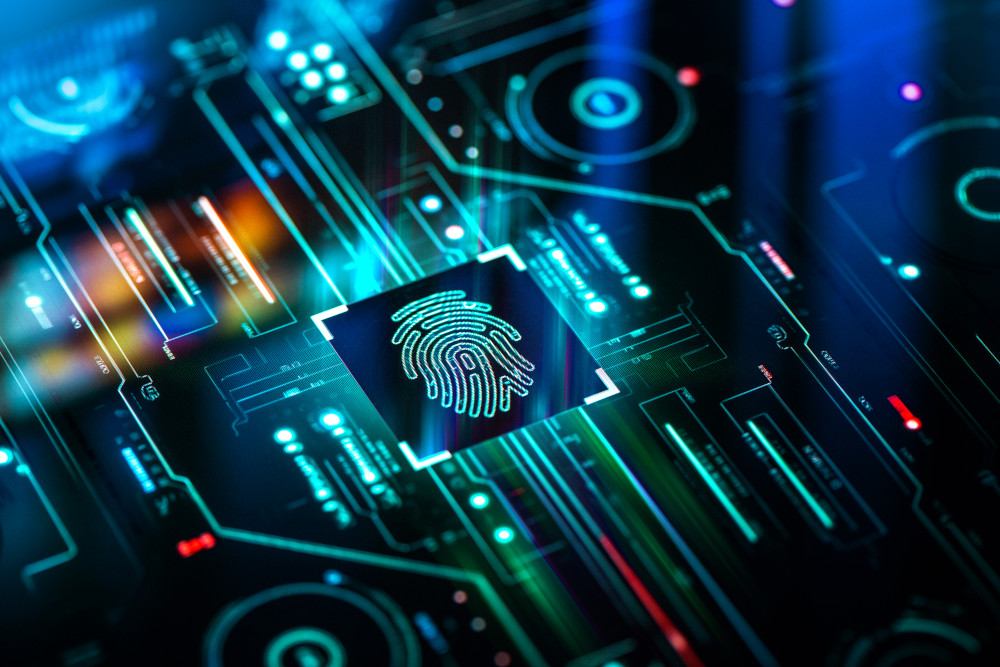In today’s fast-paced digital landscape, DevOps practices have revolutionized software development and deployment, allowing organizations to achieve greater efficiency and agility. As DevOps teams embrace cloud-based infrastructures like Amazon Web Services (AWS), security must remain a paramount concern. Ensuring the security of a DevOps environment in the AWS cloud demands a proactive and multi-layered approach. Protiviti often recommends these five leading practices for bolstering DevOps security in an AWS cloud environment, safeguarding critical data and systems against evolving threats.
Five ways to improve security in a DevOps practice
- Incorporate security scanning before and after code deployment
Security scanning is essential both before and after code deployment to ensure a robust security posture. Before deployment, tools like AWS CodeGuru Security can be integrated into the development pipelines to identify vulnerabilities and security flaws for timely remediation. After deployment, continued security scans help ensure that any new potential risks or vulnerabilities are promptly detected and addressed, maintaining the integrity and security of the application throughout its lifetime. - Automate security practices
Embracing automation is a fundamental principle of DevOps security, allowing teams to fully utilize and optimize their time and effort. Automate security testing, vulnerability scanning and code analysis in the continuous integration and continuous deployment (CI/CD) pipeline using tools like AWS CodeGuru Security. Integrate security scans into the build and deployment processes to identify and remediate vulnerabilities at every stage. Employ infrastructure-as-code (IaC) tools like AWS CloudFormation or AWS CDK to automate the provisioning of secure and compliant infrastructure. - Ensure secure configuration management of DevOps servers
Maintaining secure configurations is crucial for preventing potential vulnerabilities. Implement AWS Config to continuously monitor and assess the configuration of AWS resources. Establish and enforce security baselines using AWS Config Rules to ensure compliance with leading practices. Regularly review and remediate any identified configuration drifts or non-compliant resources. Additionally, leverage AWS Security Hub to gain a comprehensive view of your security state within AWS and to ensure configurations adhere to industry standards and leading practices. - Build a culture of security awareness
Institute a culture of security awareness and continuous learning within DevOps teams to ensure smooth operations between different departments or teams, all working toward the same objective of a secure practice. Provide regular training sessions on security best practices, secure coding techniques and incident response protocols. Foster an environment where team members actively share security knowledge and remain vigilant about emerging threats and vulnerabilities. - Conduct regular security assessments
Regular security assessments are vital to identify vulnerabilities and ensure ongoing compliance. Utilize AWS Security Hub, AWS Trusted Advisor, and AWS Inspector to perform periodic penetration testing, vulnerability scanning and security audits. These tools can help proactively detect weaknesses in your cloud environment. Consider engaging third-party security firms for independent assessments to gain an unbiased perspective and uncover potential blind spots. These third parties can complement native AWS tools by assessing their usage and ensuring that the results are effectively actioned.
Risks of an insecure DevOps practice
Implementing secure DevOps practices is crucial to mitigating risks that can have substantial ramifications and financial losses. Inadequate security measures increase the likelihood of cyberattacks and unauthorized access, leading to service disruptions, downtime, and a negative impact on the customer experience.
Non-compliance with industry regulations and standards poses another impactful fail to implement robust security controls may face penalties, fines or license revocations, undermining customer trust and damaging their reputations. Additionally, insecure DevOps practices raise the risk of intellectual property theft, which can result in a loss of competitive advantage and hinder innovation. By prioritizing security, organizations can minimize the occurrence of breaches, protect sensitive data, and ensure compliance with regulations, safeguarding reputations and minimizing financial and operational risks.
How to get started
Protiviti specializes in helping organizations secure DevOps practices and mitigate associated risks. We begin by conducting thorough assessments of existing DevOps environments, identifying vulnerabilities and gaps in security. This proactive approach allows us to provide tailored recommendations to enhance any security posture and prevent potential risks. We also help clients design, implement, and operate DevOps capabilities and technologies.
Securing a DevOps environment in AWS requires a comprehensive and proactive approach. By using tools like AWS CloudGuru Security, security scanning can be incorporated before and after code deployment, and security practices can be automated throughout the CI/CD pipelines, so teams can promptly identify and address vulnerabilities. Ensuring secure configuration management with AWS Config and AWS Security Hub helps maintain compliance and mitigate risks. Building a culture of security awareness and conducting regular security assessments further strengthens the security posture. Protiviti can assist organizations in implementing these best practices to safeguard data and systems, ensuring compliance and minimizing risks while maintaining business focus.
To learn more about our AWS and DevOps security solutions, contact us.





